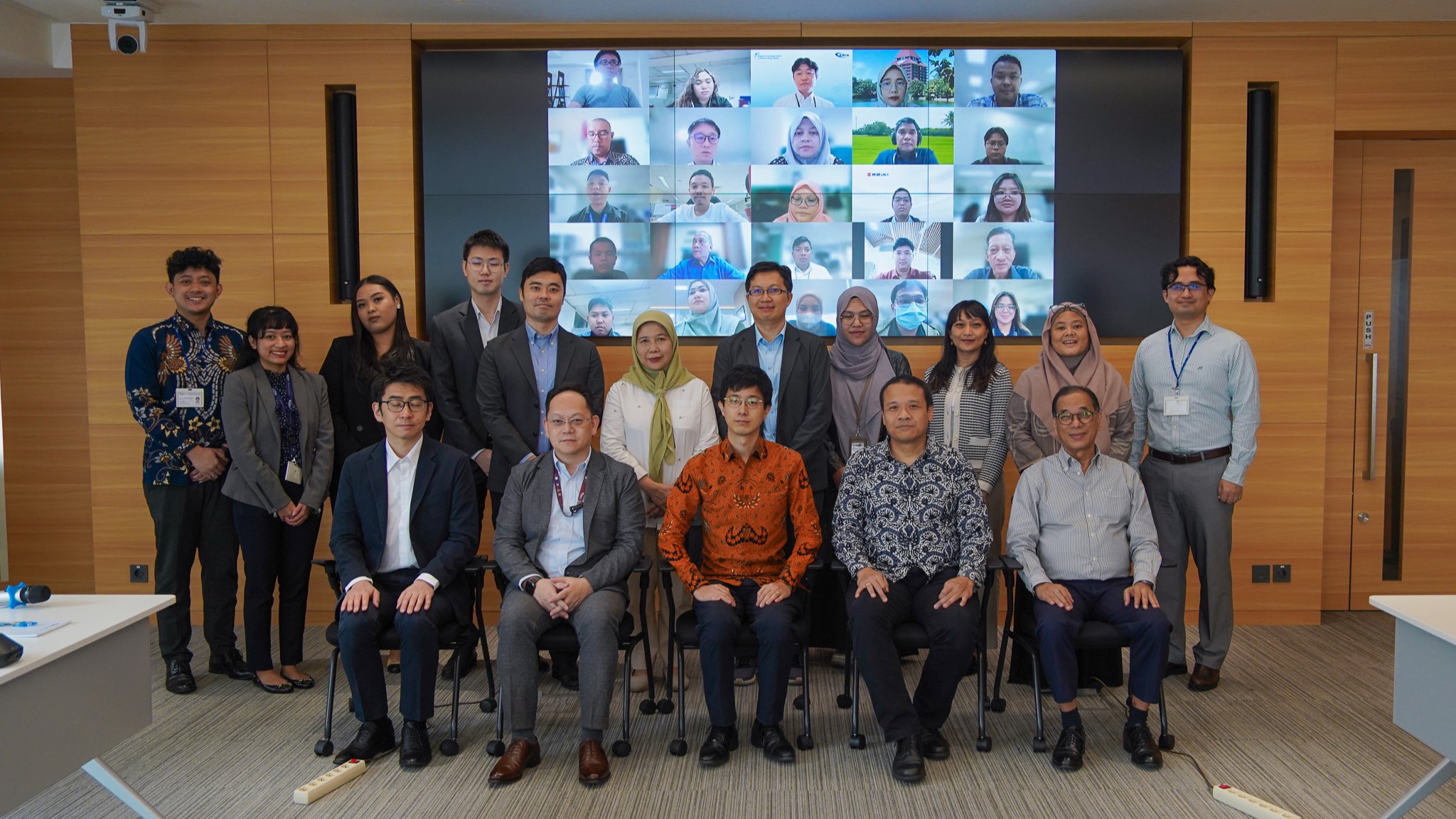US State Department Official Discusses Energy Resilience and Security in Southeast Asia
Date:
25 February 2020Category:
News, Press ReleasesTopics:
EnergyShare Article:
Print Article:
Jakarta, 25 February 2020: With rapidly rising demand for energy, Southeast Asian nations need to enhance energy security, including fuel supply stability and affordability. Southeast Asian nations will be increasingly dependent on imported oil and natural gas, making them more vulnerable to possible supply disruptions.
According to ERIA’s Energy Outlook and Energy Saving Potential in East Asia 2019, demand for fossil fuels will grow by 79% between 2015 and 2040. ASEAN has set ambitious goals to increase the use of renewable energy, yet strong demand for fossil fuels could contradict the decarbonization envisaged under the Paris Agreement. Furthermore, the growing frequency of extreme weather could damage energy infrastructure.
The Economic Research Institute for ASEAN and East Asia (ERIA) together with US-ASEAN Connect and the US Mission to ASEAN, hosted a discussion on with Ambassador Virginia E. Palmer, Principal Deputy Assistant Secretary in the U.S. State Department’s Bureau of Energy Resources.
In her keynote speech, Ambassador Palmer stressed that the U.S. and ASEAN countries shared a common definition of energy security, namely that countries needed to develop the sources, suppliers and routes they determined were best for their economy, free from outside interference. She noted three key elements of the Unites States Asia Enhancing Development and Growth Through Energy (Asia EDGE) program: levelling the playing field for energy investment; encouraging open energy trade and markets; and international standard regulatory regimes to facilitate trade and investment while ensuring safety and sustainability.
On the other hand, the main challenges ASEAN is facing is to respond to an estimated 40 percent increase in demand in ASEAN over the next 20 years, to integrate and develop its energy market, and to transition to clean energy.
Acknowledging ASEAN’s dependence on fossil fuel, Ambassador Palmer said, ‘Even as some countries in the region face energy shortages and crises, we believe that there are US$2.5 trillion worth of oil and gas resources in the that are unexploited..’
In terms of transitioning to clean, renewable energy, she said, ‘As we think about energy sources, we need to think of energy efficiency as an important element of that. Countries all over the world look up to renewables (and) we need to look at the cost of those things, and keeping that envelope small can be realised through energy efficiency.’
She further highlighted potential cooperation between ASEAN and the United States, especially with the Asia EDGE initiative which supports sustainable and secure energy markets throughout the Indo-Pacific region.
Senior Policy Fellow for Energy Environment at ERIA, Jun Arima, said that ASEAN, along with South Asia and China, needs to enhance its energy resilience through diversification, given that most of their oil comes from the Middle East.
‘Many energy security policies should be available as indicated by Ambassador Palmer, such as diversification, emergency preparedness, fuel switching, and also demand and supply management,’ he said.
Djoko Siswanto, Secretary General of the National Energy Council of the Ministry of Energy and Mineral Resources, admitted that Indonesia’s national energy plan still emphasized the use of fossil fuel, especially coal.
Hoping to garner more recommendations on clean energy development, Djoko said, ’I hope that we in this discussion will all actively and dynamically participate on sharing and extending information. It is hoped we’ll pave the way to the expected output desired by all of us.’
The event also included a panel discussion with panellists from various backgrounds, such as Adrian Lembong, Director of Technology of PT. Adaro Power, David Hutagalung, Country Director for GE Power Indonesia, and Jelita Irmawati, Corporate Head of Pertamina Energy.
Closing the discussion, President Hidetoshi Nishimura said, ‘For Southeast Asia, cooperation with other world regions in the energy field is an important strategy to achieve energy security, affordability, sustainability and resilience. To this end, cooperation with the United States, aimed at sustainable and secure energy markets throughout the Indo-Pacific, could make a valuable contribution.’







